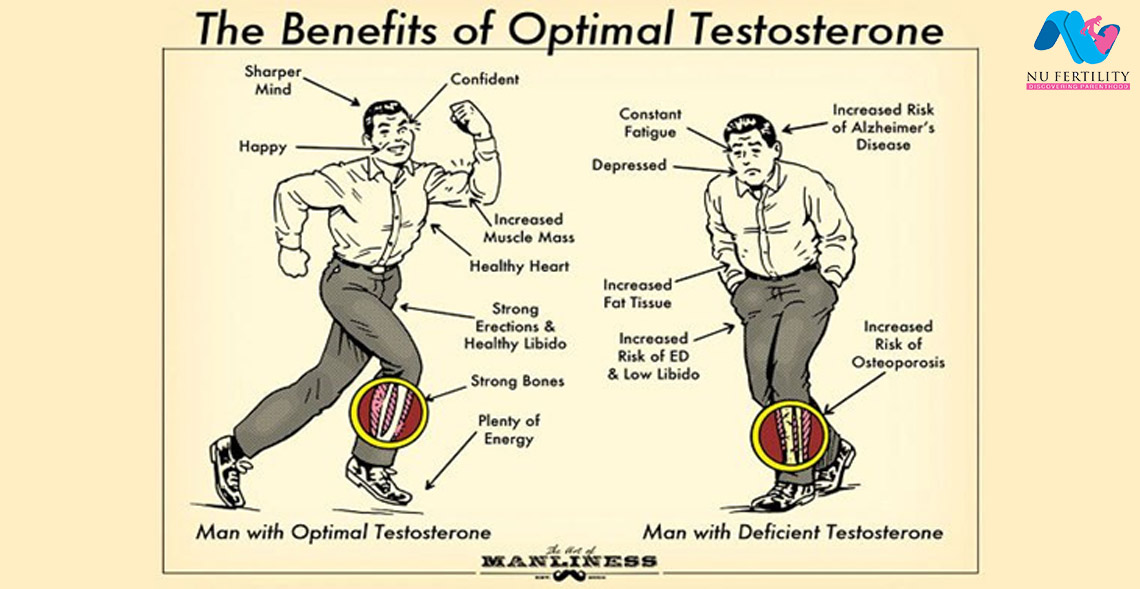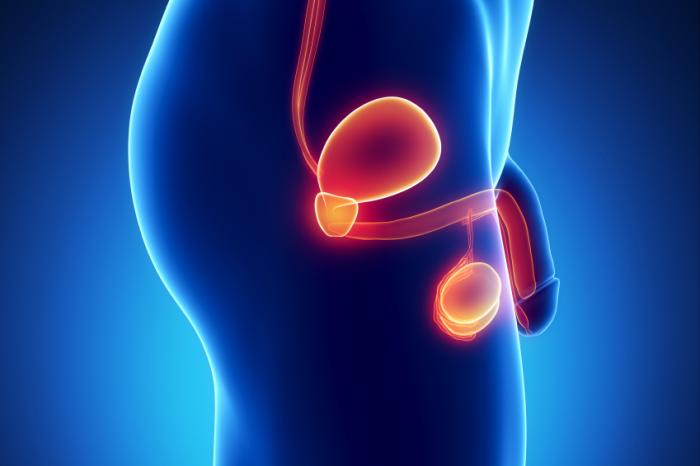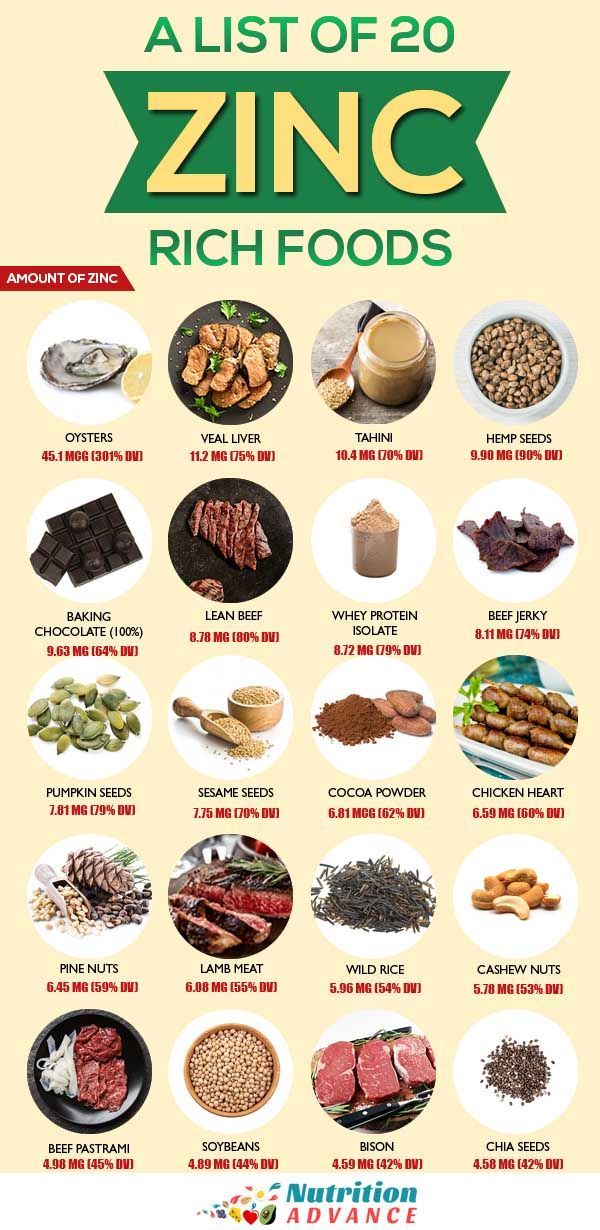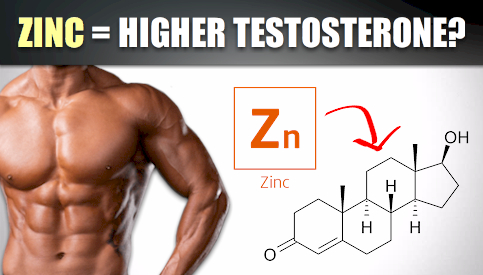
Zinc (Zn) is a trace mineral and essential cofactor in many enzymatic reactions to include carbonic dehydratase, alkaline phosphatase, and polymerases and is critical for DNA synthesis and cell division.1Deficiencies in Zn can cause several maladies such as increased risk of infections, impaired brain development, infertility, dermatitis, alopecia, impaired smell/taste, and low testosterone.1(1085)2Thus, adequate levels of Zn is paramount, especially to reduce likelihood of said conditions. As such, the following will explore Zn and its effects upon human physiology in greater detail, with a particular focus on the restoration and maintenance of sperm and testosterone levels.

Congenital isolated hypogonadotropic hypogonadism (IHH) is characterized by absent sexual fertility from defects in gonadotropin releasing hormone (GNRH)2(280) When diagnosed, the American Association of Clinical Endocrinologist Medical Guidelines recommends a regimen of gonadotropin replacement therapies (GRTs) if individuals wish to conceive/increase fertility. 2(280) Interestingly, Zn has been shown to participate in key aspects of male reproduction to include improving testicular development, sperm quality, and testosterone levels.2(280)Thus, it is possible that combined GRT and Zn supplementation might enhance optimal outcomes.

Liu et al2(281) performed a multicenter, open-label, randomized control trial whereby 98 males (67 males met inclusion criteria) with IHH were recruited to explore GRT/Zn therapy to improve testosterone/sperm quality. Participants were randomly assigned to one of two groups: a urinary follicular stimulating hormone (UFSH)/human chorionic gonadotropin (HCG)group (group A) or a UFSH/HCG + Zn group (group B). Participants in both groups were followed up at 3,6,9,12,15, and 18-month intervals for semen analysis and hormone levels.2(281) Both groups received injections of UFSH (75 U twice per week for 18 months)/HCG (2000 U three times per week every 3 months for 6-18 months) hormones. However, group B received Zn (40 mg/day for 18 months) in addition to the UFSH/HCG therapies.2(281)

Past results indicated that UFSH/HCG are effective in raising spermatogenesis in male IHH patients.2(283)However, the proportion of patients that exhibited concentrations returning to normal levels after 18 months was small. Such results encouraged researchers to explore whether Zn supplementation might help augment such outcomes due to its involvement in testosterone/sperm synthesis. However, results from the above study indicated a minor improvement in testosterone and sperm quality in group B when compared to group A.2(282) One limitation of this study, however, is that participants did not exhibit zinc deficiencies during baseline measurements.2(284)Another limitation was the amount of Zn provided; other studies used suprahysiological doses (201 mg/day) which did improve sperm count. Liu et al2(284) used 45 mg/day of Zn.
In conclusion, Zn deficiencies can cause several maladies such as increased risk of infections, impaired brain development, infertility, dermatitis, alopecia, impaired smell/taste, and low testosterone. However, although Zn participates in testosterone and sperm production, its additional supplementation may have limited results in the presence of normal baseline levels. In the case of IHH, hormone replacement to include UFSH and HCG appears to play a larger role and more prominent role in restoring testicular function.
References
1. Crook MA. Zinc deficiency. Nutr. 2011;27(10):1085-1086. doi:10.1016/j.nut.2011.06.001.
2. Liu YL, Zhang MN, Tong GY, et al. The effectiveness of zinc supplementation in men with isolated hypogonadotropic hypogonadism. Asian J Andro. 2017:19(3):280-285. doi:10.4103/1008-682X.189621.
-Michael McIsaac
